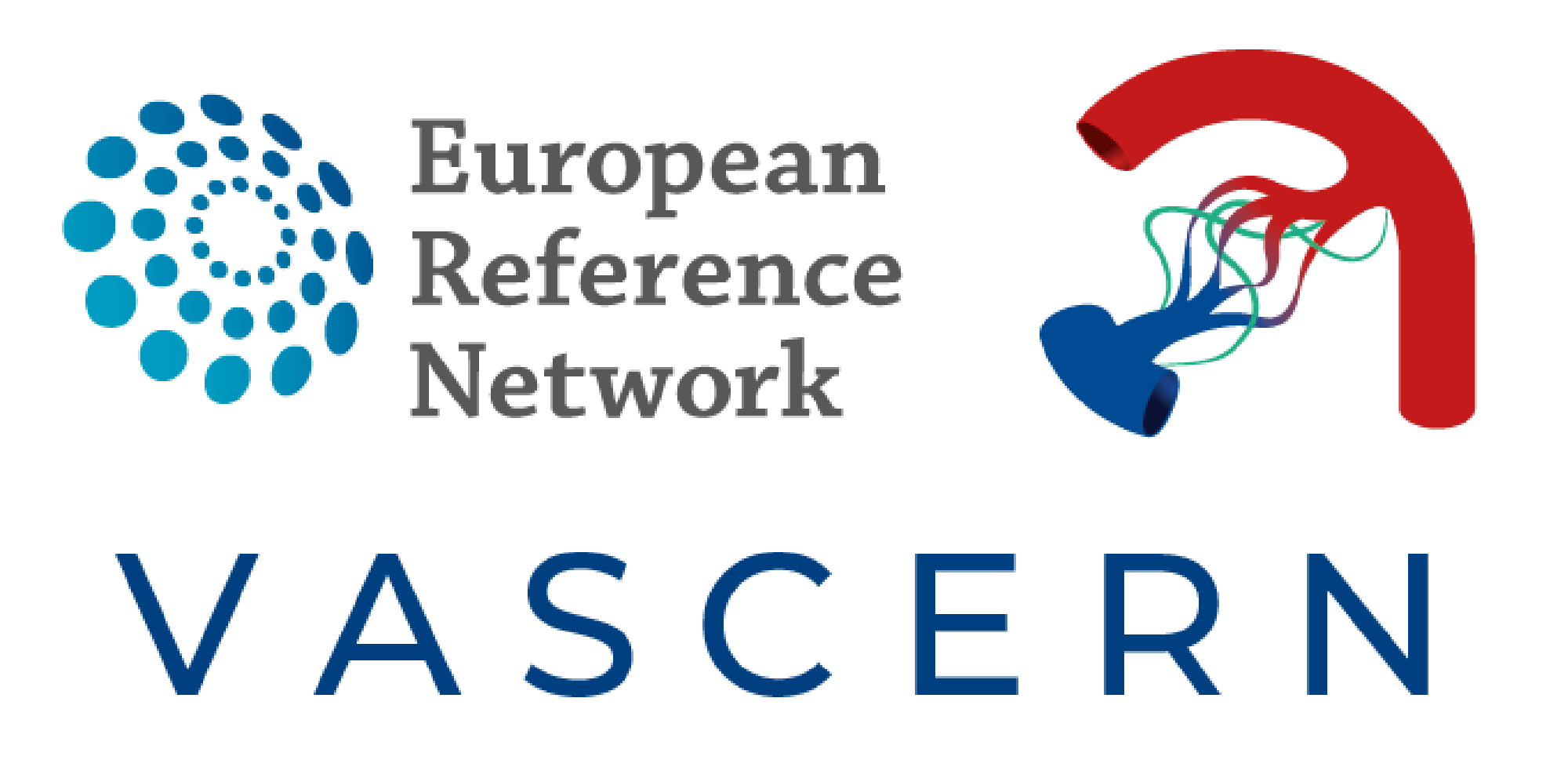
We are very pleased to announce the publication of an article entitled “eHealth for patients with rare diseases: the eHealth Working Group of the European Reference Network on Rare Multisystemic Vascular Diseases (VASCERN)” in the Orphanet Journal of Rare Diseases (OJRD). This publication, co-authored by Dr. Alessandro Pini (former VASCERN e-health WG Chair), summarizes the main actions of VASCERN’s former eHealth Working Group (WG) in collaboration with the coordination team and the ERN as a whole: most notably the Pills of Knowledge (PoK) videos (available on our Youtube channel) and the VASCERN app.
Access the full article here
The experience within VASCERN and the former eHealth Working Group is comprehensively outlined. The collaborative approach to the development of patient-centred eHealth tools, that can support patient awareness and cross-border healthcare and that may be used as a reference model to build scalable eHealth frameworks in the area of rare diseases, is also presented.
While the VASCERN eHealth Working Group has since dissolved, and the projects are now managed by the VASCERN coordination team and the Rare Disease Working Groups, this group ensured that the actual needs of patients and HCPs, in regards to our eHealth actions, were taken into account when planning our eHealth projects and that practical actions to support patient awareness and cross-border healthcare were implemented.
Conclusion: “Overall, the work carried out by the eHealth WG of VASCERN can be seen as a pilot experience that may serve as a basis to for collaborative development of patient-centred eHealth tools that answer the needs of patients with various rare diseases, not limited to rare multisystemic vascular diseases. By expanding the multidisciplinary approach here described, clinical and research networks can take advantage of eHealth services and use them as strategic assets in achieving the ultimate goal of ensuring equity of access to prevention programs, timely and accurate diagnosis and specialized care for patients with rare diseases throughout Europe.”

